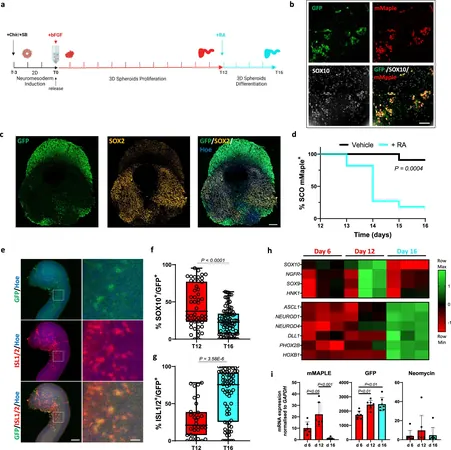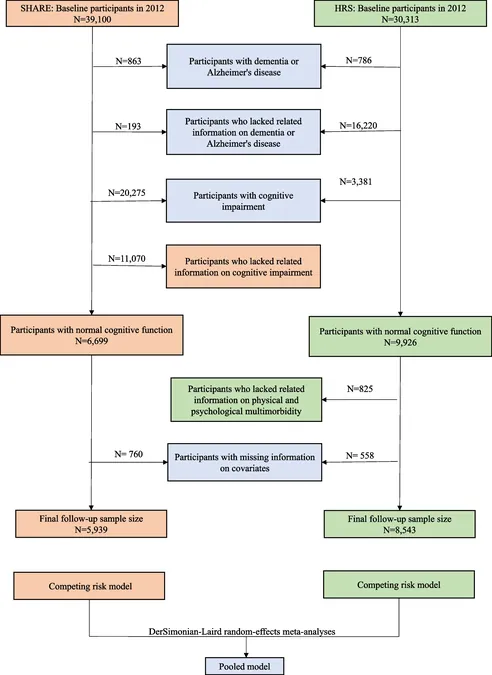
Revolutionary Research Could Change the Lives of Pregnant Women with Epilepsy
2024-09-30
Breaking News: Revolutionary Research Could Change the Lives of Pregnant Women with Epilepsy!
Researchers at the University of Queensland have made a groundbreaking discovery that could pave the way for safer treatments for pregnant women suffering from epilepsy. This development centers around sodium valproate, a widely prescribed anti-seizure medication known for its effectiveness but notorious for its potential to cause severe birth defects, including spinal cord malformations in newborns.
Led by Dr. Giovanni Pietrogrande and Professor Ernst Wolvetang from the Australian Institute for Bioengineering and Nanotechnology (AIBN), the research team utilized advanced organoid techniques to investigate how valproate affects fetal spinal cord development. By creating human mini-spinal cord organoids—essentially tiny, simplified versions of the spinal cord—they were able to replicate the early stages of fetal development in a controlled environment.
“When we exposed these organoids to valproate, we observed significant disruptions in cellular development, ultimately leading to spinal cord malformations," Dr. Pietrogrande explained. The innovative approach allowed the scientists to visualize the negative effects of the drug at a cellular level, providing crucial insights into its teratogenic (birth defect-causing) properties.
Excitingly, the researchers found a potential solution: the clinically approved drug rapamycin. When organoids were treated with rapamycin alongside valproate, the adverse effects were significantly mitigated. “This co-treatment holds incredible promise. It could potentially allow women with epilepsy to access this effective treatment while carrying healthy babies,” noted Professor Wolvetang.
The implications of this research are profound. Professor Terence O'Brien, a co-author of the study and an expert in the field, emphasized that this could significantly aid healthcare providers in managing the complexities of epilepsy treatment during pregnancy. “We may finally have a pathway that allows these women to maintain their health without jeopardizing their pregnancies,” he stated.
This study is not only a step forward for epilepsy treatment but also demonstrates how human stem cell-derived organoids can revolutionize drug research. Professor Wolvetang called for regulatory bodies, such as the Therapeutic Goods Administration (TGA), to recognize these organoids as invaluable tools for drug screening and discovery.
As this groundbreaking research continues to unfold, it holds the promise of transforming the lives of countless women and their families. Stay tuned for more updates on this developing story!




 Brasil (PT)
Brasil (PT)
 Canada (EN)
Canada (EN)
 Chile (ES)
Chile (ES)
 España (ES)
España (ES)
 France (FR)
France (FR)
 Hong Kong (EN)
Hong Kong (EN)
 Italia (IT)
Italia (IT)
 日本 (JA)
日本 (JA)
 Magyarország (HU)
Magyarország (HU)
 Norge (NO)
Norge (NO)
 Polska (PL)
Polska (PL)
 Schweiz (DE)
Schweiz (DE)
 Singapore (EN)
Singapore (EN)
 Sverige (SV)
Sverige (SV)
 Suomi (FI)
Suomi (FI)
 Türkiye (TR)
Türkiye (TR)